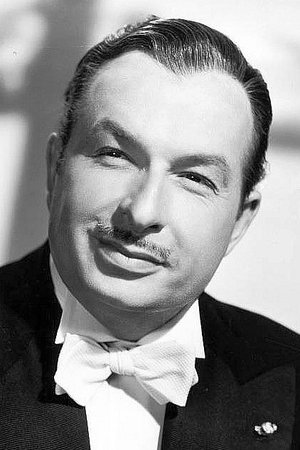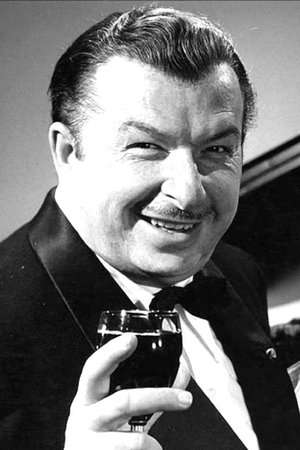Xavier Cugat (1900-1990)
Alias:
Francisco de Asís Javier Cugat Mingall de Bru y Deulofeu
The Rumba King
Birthplace:
Girona, Catalonia, Spain
Born:
January 1, 1900
Died:
October 27, 1990
Xavier Cugat was a catalan musician and bandleader, born in Spain (Girona, 1 January 1900 – Barcelona, 27 October 1990) who spent his formative years in Havana, Cuba. A trained violinist and arranger, he was a leading figure in the spread of Latin music. In New York City, he was the leader of the resident orchestra at the Waldorf–Astoria before and after World War II. He was also a cartoonist and a restaurateur. The personal papers of Xavier Cugat are preserved in the Biblioteca de Catalunya (Barcelona). His family emigrated to Cuba when he was three years old. He studied classical violin and worked as a violinist at the age of nine in a silent movie theater to help pay for his education. He was first chair violinist for the Teatro Nacional Symphonic Orchestra. When he was not performing, he started drawing caricatures. On 6 July 1915 he and his family arrived in New York City on the SS Havana. Cugat appeared in recitals with Enrico Caruso, playing violin solos. In the 1920s, he led a band that played often at the Coconut Grove, a club in Los Angeles. Cugat's friend, Charlie Chaplin, visited the club to dance the tango, so Cugat added tangos to the band's performances.[5] Seeing how popular the dance was becoming, Cugat convinced the owner to hire South American dancers to give tango lessons. This, too, became popular, and Cugat made the dancers part of his orchestra. In 1928 he turned his act into the film Xavier Cugat and His Gigolos. He worked for the Los Angeles Times as a cartoonist. His caricatures were nationally syndicated. They appeared in Photoplay magazine beginning with the November 1927 issue, under the byline "de Bru." His older brother, Francis, was an artist of some note, having painted cover art for F. Scott Fitzgerald's novel The Great Gatsby. In 1931, Cugat took his band to New York for the 1931 opening of the Waldorf–Astoria hotel. He replaced Jack Denny as leader of the hotel's resident band. For sixteen years, he led the Waldorf-Astoria Orchestra (1933-1949), shuttling between New York and Los Angeles for most of the next 30 years.[8][9] One of his trademark gestures was to hold a Chihuahua while he waved his baton with the other arm. His music career led to appearing in the films In Gay Madrid (1930), You Were Never Lovelier (1942), Bathing Beauty (1944), Week-End at the Waldorf (1945), Holiday in Mexico (1946), A Date with Judy (1948), On an Island with You (1948), and Chicago Syndicate (1955). Cugat owned and operated the Mexican restaurant Casa Cugat in West Hollywood. The restaurant was frequented by Hollywood celebrities and featured two singing guitarists who would visit each table and play diners' favorite songs upon request. The restaurant began operations in the 1940s and closed in 1986. The restaurant's exterior and a fanciful depiction of its interior can be found in scenes in the 1949 film Neptune's Daughter in which Cugat has a substantial role playing himself. A brief scene revolving around the restaurant can also be seen in the earlier 1943 film The Heat's On, also starring Cugat as himself. Cugat spent his last years in Barcelona, living in a suite at Hotel Ritz. He died of heart failure at age 90 in Barcelona and was buried in his native Girona. He was posthumously inducted into the International Latin Music Hall of Fame in 2001.






